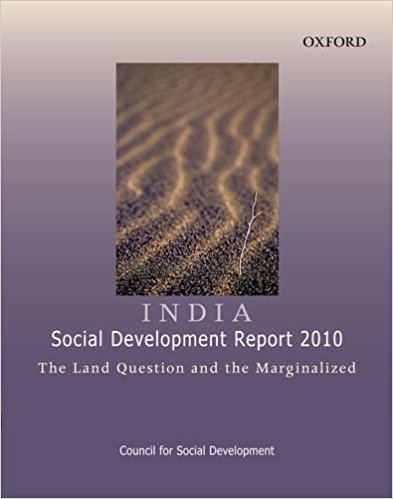A collection of studies and perspectives, this report is an attempt to identify the generic processes and locate the developmental philosophy that is causing increasing marginalization of various sections of the population in India. The various essays covering the land question, social and gender discrimination, education, health, alienation from forests and the larger agrarian crisis in rural India effectively brings out the growing dimensions of marginalization and destruction of livelihoods for large sections of the population. But, additionally they also illuminate the unbalanced process of neoliberal development that makes marginalization an integral part or an inevitable consequence of economic growth and development. Most of the papers in the book which study different aspects of deprivation in society make a common revelation that the concept of economic development is not ;neutral; with respect to economic and social classes or different population groups. Bhaduri in the concluding essay aptly traces the journey of the Indian state from ;precautionary socialism; in the post-Independence period to a no-holds-bar predatory capitalism in the era of neo-liberalism.
While it can be debated as to what extent the economic policies, embedded in ;Nehruvian; socialism, facilitated (or did not do so) broad-based and pro-poor development, the liberalization of the economy has certainly unleashed ;developmental terrorism; on the most disadvantaged people in the country.

